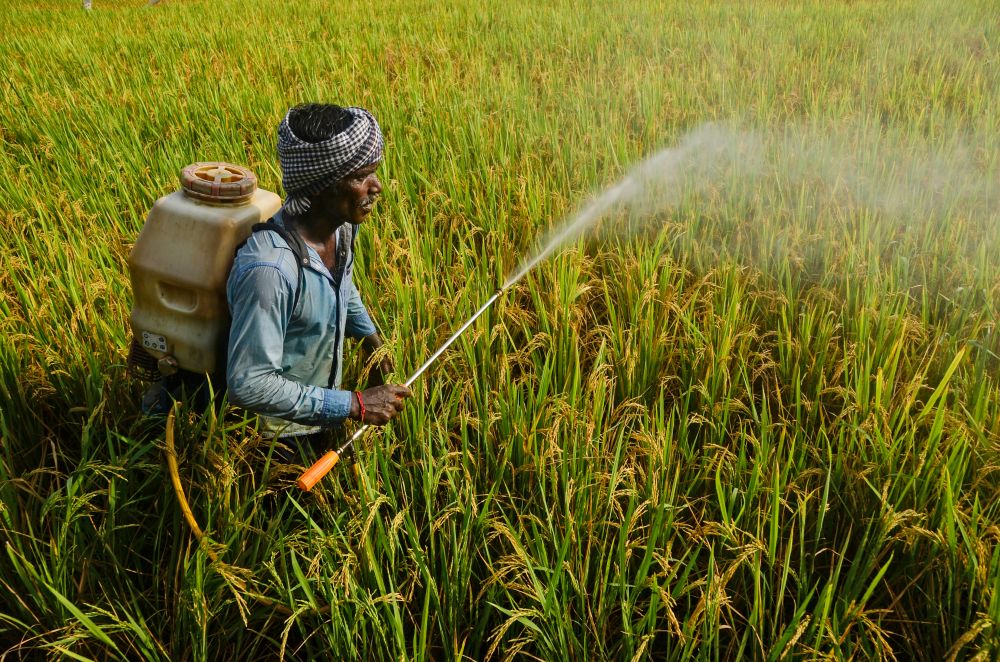Things you must know about Agricultural Diesel in Modern Farming

The Driftless Area of southwestern Wisconsin, known for its scenic bluffs, deciduous forests, trout streams, and farmland, is home to the charming City of Viroqua. Viroqua also boasts a thriving organic farming industry, with the highest concentration of organic farms in the United States.
These organic farms need a regular fuel supply for activities such as tilling, planting, harvesting and transporting crops and livestock. That is why there has been a growing demand for Agricultural Diesel Fuel Delivery in Viroqua WI. These services provide high-quality fuels at competitive prices to reduce the farmers’ expenses and help them maximize their profits.
To learn more about the benefits of agricultural diesel in modern farming and the future of this versatile fuel source, read the section below.
Benefits of Agricultural Diesel in Modern Farming
Lower Cost
One of the primary benefits of using agricultural diesel is its lower cost. Agricultural diesel is subject to a reduced rate of fuel duty compared to regular road diesel. The reduced rate of duty is because agricultural diesel is considered a “rebated fuel,” meaning it is used for a specific purpose and not for road use.
Higher Performance
Agricultural diesel is formulated to deliver higher performance in heavy machinery. It has a higher cetane rating than regular diesel, which means it burns more efficiently and produces more power. This higher performance translates into more torque, faster acceleration, and increased productivity. In addition, agricultural diesel has a higher lubricity than regular diesel, which reduces engine wear and prolongs engine life.
Environmentally Friendly
Agricultural diesel is also more environmentally friendly than regular diesel. It produces fewer emissions, which helps to reduce air pollution. Modern agricultural machinery is fitted with sophisticated emissions control systems that are designed to reduce emissions even further. These systems use a combination of technologies such as diesel particulate filters, selective catalytic reduction, and exhaust gas recirculation to reduce emissions of harmful pollutants such as particulate matter.
Better Fuel Efficiency
Using agricultural diesel in modern farming machinery can also result in better fuel efficiency. Agricultural diesel has a higher energy content than regular diesel, which means that it can deliver more energy per unit of fuel. This translates into improved fuel efficiency and longer operating times between refueling. Better fuel efficiency means that farmers can cover more ground and complete more work with the same amount of fuel, resulting in increased productivity and reduced operating costs.
Improved Storage Stability
Agricultural diesel has a higher level of stability than regular diesel. It contains additives that prevent degradation and ensure that the fuel remains stable and usable for longer periods. This is particularly important for farmers who may need to store large quantities of diesel fuel for extended periods.
The Future of Agricultural Diesel in Modern Farming
As the demand for food continues to grow, so does the need for efficient and sustainable farming practices. Agricultural diesel will continue to play a significant role in modern farming and farmers, and the services for Agricultural Diesel Fuel Delivery in Viroqua WI are also likely to evolve to offer better fuel efficiency.
One promising technology in modern farming is precision agriculture, which uses data analytics, sensors, and GPS technology to optimize crop yields while minimizing inputs like fuel and fertilizer. Precision agriculture can help farmers reduce their environmental footprint by targeting inputs only where needed, reducing waste and emissions.
Agricultural diesel is a vital fuel source for modern farming, enabling farmers to cultivate vast tracts of land and increase yields to feed a growing global population. With advancements in sustainable fuel production and delivery, agricultural diesel can reduce negative environmental impact while maintaining its crucial role in agriculture.





